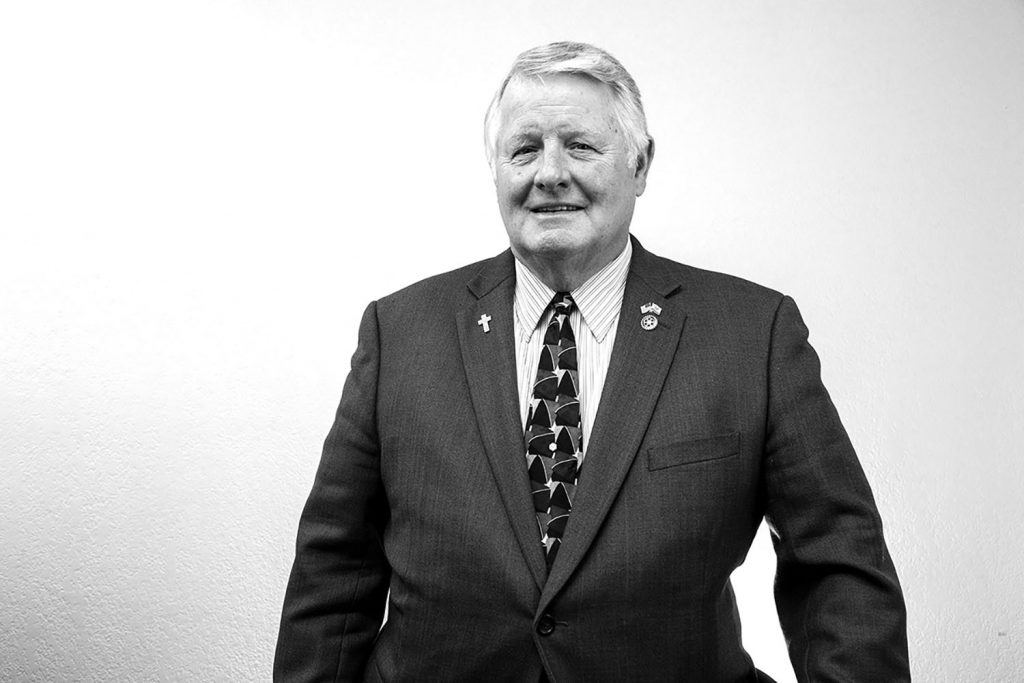
In our study thus far in the life of Moses, we have learned that he was forty years old when he fled for his life from Egypt and for the next forty years lived in the land of Midian as a shepherd. Moses was raised and educated to become a Pharaoh, yet due to failure as a murderer, he became a shepherd, which was a profession despised by Egyptians.
As a shepherd, Moses lived an easy life raising his own family as a contented married man. It seems that Moses enjoyed his lifestyle and never intended to become anything else. However, God is going to appear to Moses on Mt. Sinai and challenge him to make a dramatic change in his life. God is going to call Moses to become the human deliverer of the children of Israel from Egyptian slavery.
It is clear from the excuses that Moses made to God that he had no desire to return to Egypt. Moses finally yielded to God’s call but only after God’s compelling responses to his excuses. God overcame Moses’ inferiority complex by assuring him of His presence and divine enablement. Moses would become a great leader and deliverer as he learned to depend upon God. All of these events are recorded in Exodus 3:1-4:17.
Moses’ call to divine service begins with an appearance of God in the miracle of a burning bush (Exodus 3:1-10). This appearance is theologically called a divine Theophany, which is when God personally appears to Moses and speaks to him. In Mark 12:26, Jesus told the Sadducees that God spoke to Moses. God identified Himself as the Lord Jehovah, who was the God of Abraham, Isaac, and Jacob. God instructed Moses to remove his shoes because he was standing on holy ground.
The Lord informed Moses that He knew of the suffering of His people Israel who were slaves in Egypt, and it was the Lord’s will to free them from slavery. The Lord informed Moses that He chose him to be the deliverer that would be sent to Egypt to confront Pharaoh to free Israel from slavery. The Lord promised Moses that by God’s presence and power, Israel would be liberated. However, Moses refused to positively respond to God’s call. Moses personally wanted nothing to do with returning to Egypt. He gave God five excuses that he felt disqualified him to become Israel’s deliverer.
It seems that Moses had developed a serious inferiority complex because of his past failure, which had occurred forty years before when he fled from Egypt as a murderer. Moses obviously had never forgiven himself for his past failure. This caused Moses to give God excuses for not wanting to obey God’s call. God gave positive responses to Moses’ excuses and assured him that he would succeed in doing God’s will thru divine enablement. Moses finally conceded and submitted to obey God.
A wonderful divine principle is taught in this passage of scripture: When God calls a person to serve Him, He will ALWAYS empower and enable His servant to become successful in everything he does. We will discuss God’s answer to each of Moses’ excuses in our next meditation.
Lessons to be Learned
- Past failure can cause a person to develop a serious inferiority complex.
- God’s presence and power can enable a person to overcome any feeling of past failure.
- God delights in making His servants successful.












